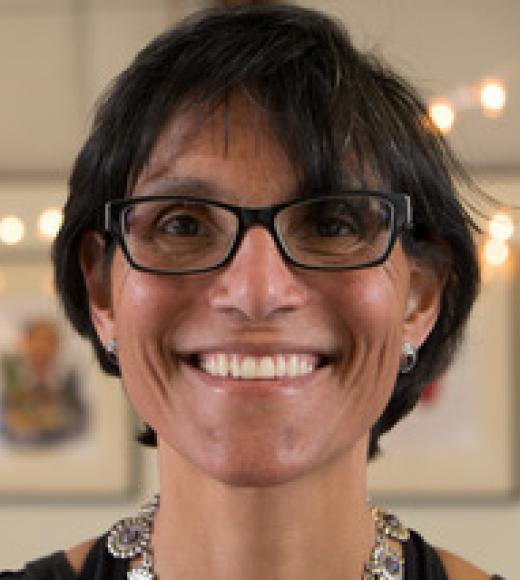
Position Title
UC Davis, Co-Investigator
- UC Davis, Co-Investigator
- UC Davis
- Co-Investigator
- Central Team
Natalia was born in Bogotá, Colombia, and came to the U.S. in 1995 to continue with her graduate studies and escape the Colombian violence, which at that time was shaped by the growing drug trade. She was finishing her degree in economics when the number of kidnaps, extortions, intimidations, and murders became grotesque and unprecedented, even by Colombian standards. These observations of violence eventually brought her to sociology as a field of study. Natalia Deeb-Sossa is a Professor in Chicana/o Studies at the University of California at Davis who has more than 16 years teaching in public higher education.
Natalia is an interdisciplinary and transnational Chicana feminist health scholar who has made significant contributions in the areas of gender, race/ethnicity and class, and how they influence reproductive justice and reproductive health, community politics, cultural citizenship, and social justice.
Natalia’s first book published in 2013 with University of Arizona Press (UAP), Doing Good: Racial Tensions and Workplace Inequalities at a Community Clinic in El Nuevo South, illustrates how an intersectional perspective deepens our understanding of the construction of “moral identity” among health-care practitioners. Difficult working conditions and the built-in inequalities present in the clinic as a workplace made health-care work difficult, in particular for the lower-status staffers: African American and Latina health-care workers. In “Doing Good,” Deeb-Sossa analyzes how health-care practitioners crafted a moral identity by drawing on the cultural resources available to them, using gendered frames, but also racialized frames, classed frames, and nationalist frames. Natalia explores how these social dynamics affected not only the lives of the Latina/o immigrants, but also the lives of the established residents (white and African Americans), as both groups were thrown together at work. The ways all these health-care providers fashioned a superior self-image perpetuated inequalities by dividing lower-status workers, enforcing racial boundaries, and limiting the health-care access of patients of the “other” race. Her book received excellent reviews (see review by Zaire Dinzey (2014) in the American Journal of Sociology 119(6) 1781-1784 and Helen Marrow (2015) in Contemporary Sociology 44(1):47-50).
2105 Hart Hall
Office Hours: by appointment